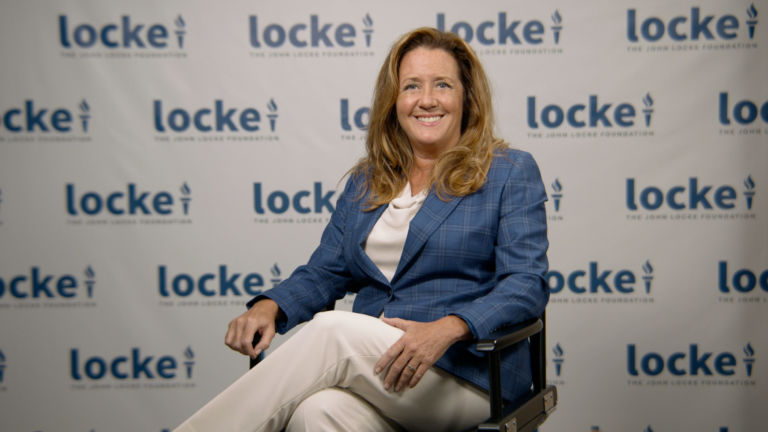David Davenport writes for the Washington Examiner about disturbing developments from the International Criminal Court.
Since its creation in 1998, many have understood the International Criminal Court to be a way for those in the world who oppose but cannot match America’s military power to attack it legally instead. At last, that has now happened with the court’s recent decision to investigate the U.S. military for potential war crimes in Afghanistan. If successful, the ICC prosecutor may then charge individual Americans for war crimes.
How did we come to this place, where Americans could be ordered to stand trial in The Hague for war crimes? It is a story of good intentions captured by a small but vocal group and turned to this group’s own political ends. After special international criminal tribunals were formed to deal with overwhelming human rights atrocities in Rwanda and the former Yugoslavia earlier in the ’90s, there was a sense that a permanent court should be established to deal with these. The United States not only supported the idea but was one of its leading proponents and organizers.
But a funny thing happened on the way to the creation of the ICC. A group of human rights nonprofit groups and smaller nations formed a coalition to change the entire nature and scope of the proposed court. Instead of seeing cases referred by the U.N. Security Council as was done previously, the coalition wanted an independent prosecutor who could range over the world and bring forward his own cases.


